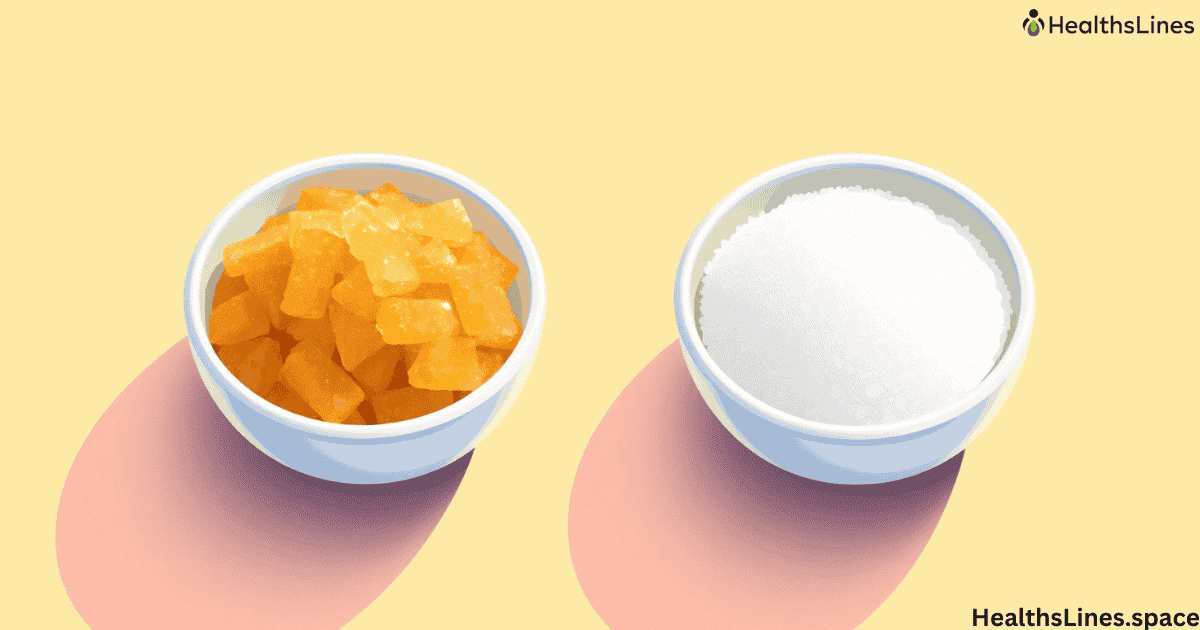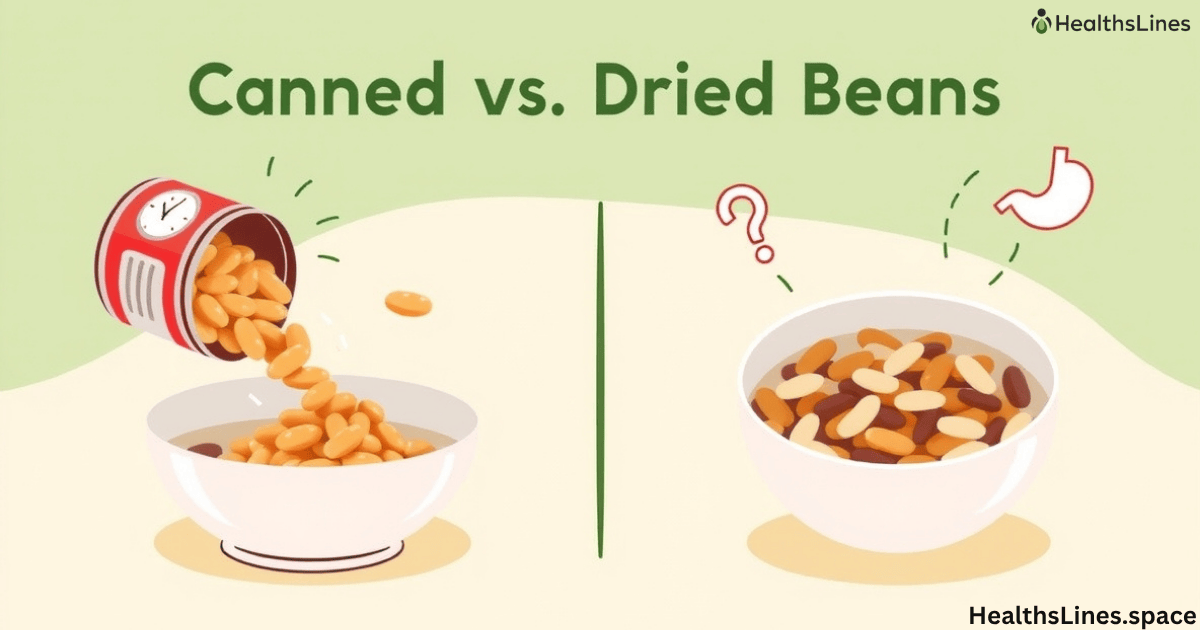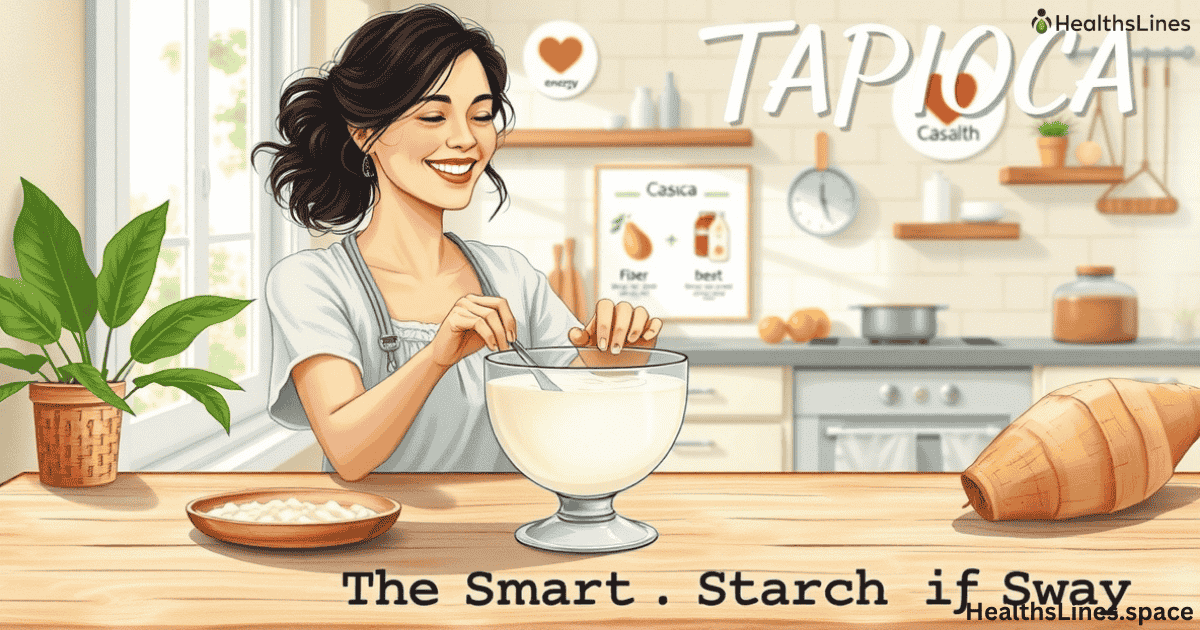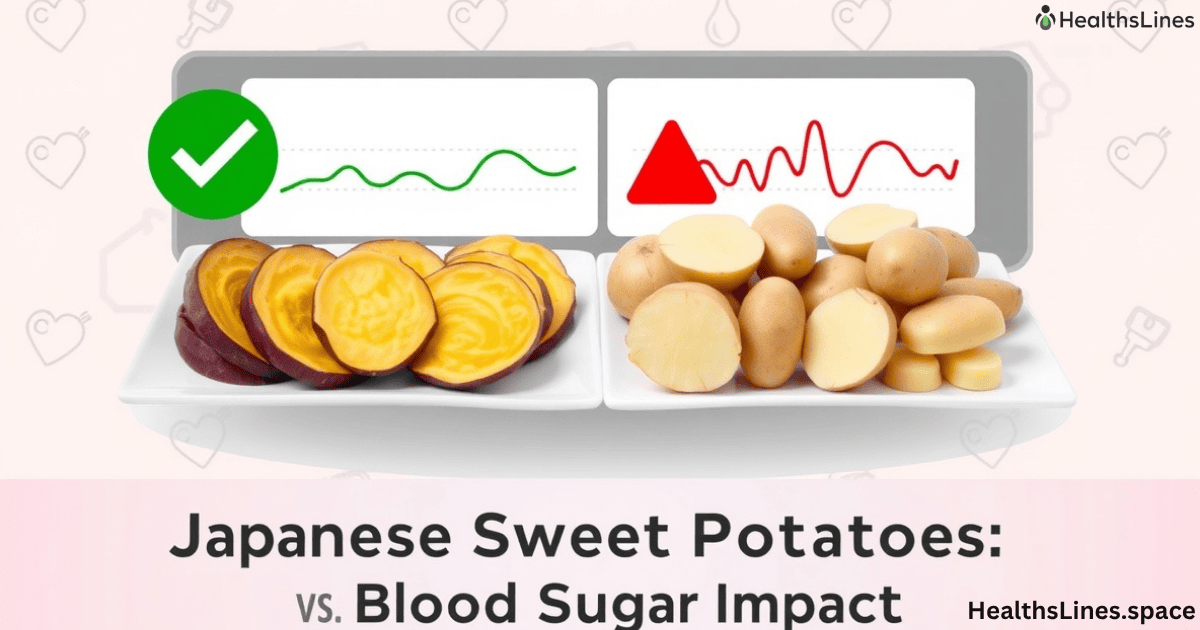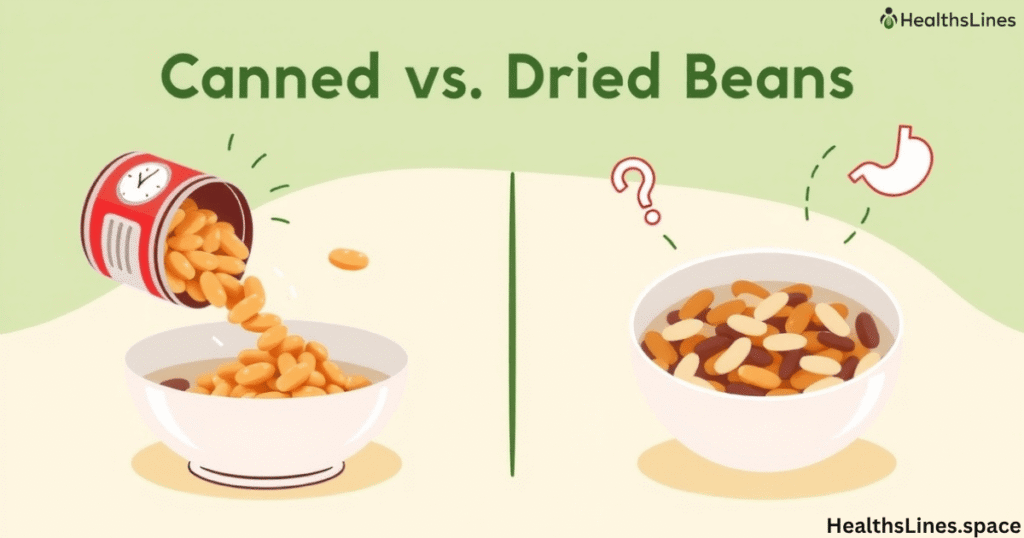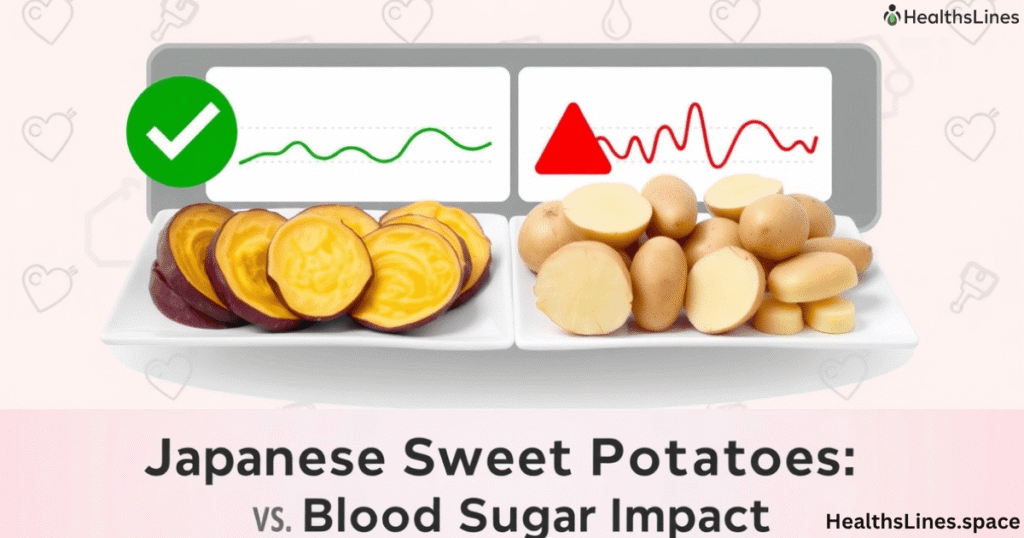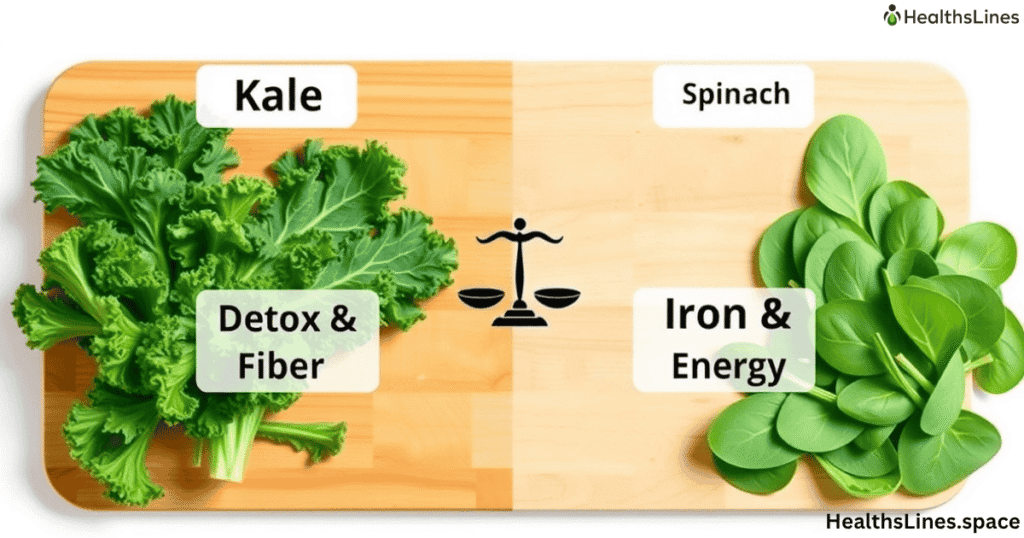Sugar is one of the most common ingredients in kitchens all over the world. It sweetens drinks, makes cookies soft, and cakes fluffy. But when people go shopping, they often wonder about the choice between brown sugar vs white sugar. Which one is better? Some people believe brown sugar is healthier. Others say white sugar is more pure and clean. To find the truth, we need to look at the difference between brown sugar and white sugar in how they are made, what they taste like, and how they affect health.
Sugar may look simple, but it has a big story. It goes through many steps before it reaches your spoon. Both brown and white sugar come from either sugarcane or sugar beets. Still, what happens in the factory changes their color, taste, and use in cooking. Understanding these differences helps us answer the question: is brown sugar healthier than white sugar or is it just another kind of sweetener?
What Are the Key Differences Between Brown and White Sugar?
The main difference between brown sugar and white sugar comes from molasses. Molasses is a thick, dark syrup that is either kept in the sugar or removed during the refining process. White sugar refining process takes away all the molasses, leaving pure white crystals. Molasses in brown sugar makes it darker, softer, and richer in taste.
Because of molasses, brown sugar feels moist when you touch it, while white sugar feels dry and grainy. Brown sugar has a caramel-like flavor that changes the way baked goods taste. White sugar has a clean and neutral flavor, which is why it works well in almost everything. The choice between them depends more on taste and texture than on health benefits.
| Feature | Brown Sugar | White Sugar |
| Color | Light to dark brown | Bright white |
| Taste | Caramel-like, deep | Neutral, sweet |
| Texture | Soft, moist | Dry, fine |
| Calories per teaspoon | 17 | 16 |
| Best use | Cookies, sauces, cakes | Drinks, meringues, crisp cookies |
Nutritional Profile of Brown Sugar vs White Sugar
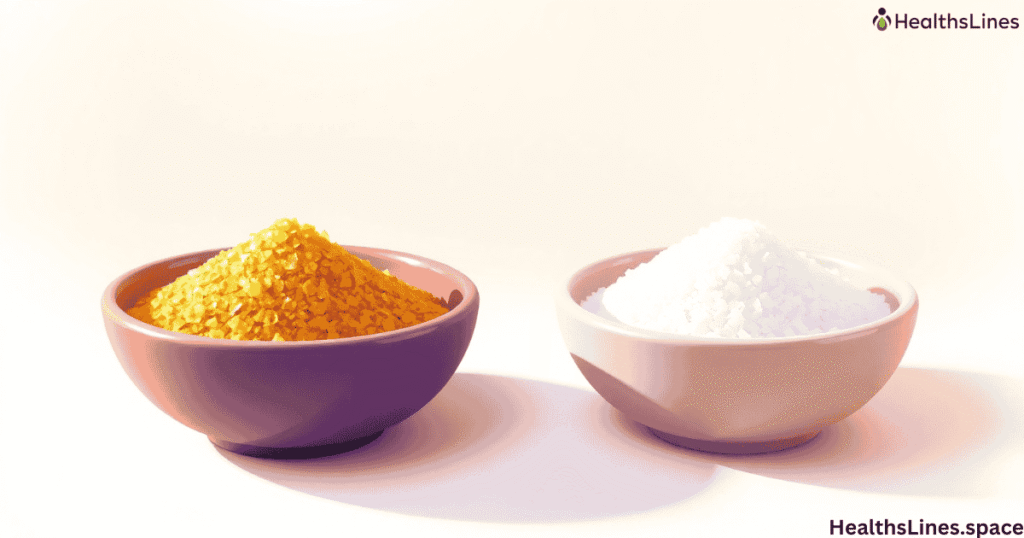
When people look at the nutritional profile of brown sugar vs white sugar, they often expect big differences. The truth is they are nearly identical. Both come mainly from sucrose, which is a simple carbohydrate that gives quick energy but no real nutrients. A teaspoon of white sugar has about 16 calories, while a teaspoon of brown sugar has about 17. This tiny difference happens because of the molasses in brown sugar, which makes it slightly heavier and richer.
Some ask, does brown sugar have more nutrients than white sugar? The answer is yes, but only in very small amounts. Brown sugar holds tiny traces of calcium, potassium, and iron thanks to the molasses. But the amounts are so small that they don’t improve your health. To get a meaningful amount of these minerals, you would have to eat cups of brown sugar, which would cause serious added sugar health risks such as sugar and weight gain or higher risk of diabetes.
Looking at brown sugar calories vs white sugar, the numbers prove both are almost the same. They both count as empty calories, meaning they provide energy without nutrition. From a health view, there is no real advantage in choosing one over the other.
Impact on Blood Sugar and Energy Levels
Many people ask, is brown sugar better than white sugar for health, especially when it comes to blood sugar and energy. The reality is that your body treats both almost the same. Both brown and white sugar are made of sucrose, which is quickly broken down into glucose and fructose once eaten. This process causes a fast rise in sugar and blood sugar levels, leading to a quick burst of energy followed by a crash.
Some believe that because of the molasses in brown sugar, it may raise blood sugar more slowly. But when looking at the glycemic index of sugar, there is very little difference between the two. White sugar and brown sugar both fall into the same range, which means they have a similar effect on the body. For people managing sugar and diabetes, this means that neither sugar offers a safe advantage. Both should be limited to very small amounts.
The spike and crash effect of sugar explains why it is linked to low energy, cravings, and even mood swings. It gives a short lift, but it doesn’t last long. That is why health experts often recommend getting energy from foods with protein, fiber, and complex carbs instead of relying on sugar for fuel.
Taste, Cooking, and Baking Differences
When we talk about cooking, the difference in taste between brown sugar and white sugar becomes more important. Brown sugar has a deeper, warmer flavor because of the molasses. It also keeps baked goods soft and chewy. White sugar, on the other hand, makes cookies crisp and cakes lighter.
For example, bakers often wonder which sugar is best for baking cookies. If you want cookies that are chewy and moist, use brown sugar. If you want them crisp and crunchy, use white sugar. In sauces, brown sugar adds a rich depth, while white sugar keeps flavors clean. So when it comes to the best sugar for baking, the choice depends on the result you want, not on which sugar is healthier.
Health Considerations and Risks of Added Sugar
When looking at white sugar vs brown sugar health, one truth stands out. Both can be harmful if eaten too often. Even though brown sugar has tiny minerals from molasses, it does not cancel out the dangers of too much sugar. Both types are considered added sugars, which means they give energy but no real nutrition. Eating too much added sugar has been linked to weight gain, tooth decay, and a higher chance of diabetes and heart disease.
Health groups like the World Health Organization and the American Heart Association warn about the effects of too much sugar. They suggest keeping sugar intake low, with women having no more than about 6 teaspoons a day and men no more than 9. This shows that the real problem is not about which sugar is better, brown or white, but how much sugar is eaten every day.
The risks of sugar go beyond weight. Large amounts can raise sugar and heart disease risk, affect liver health, and cause spikes and drops in energy. People often ask, is white sugar bad for health or is brown sugar good for diabetics. The truth is that both should be eaten rarely and in small portions. Choosing one over the other does not remove the health risks of a high-sugar diet.
Healthier Alternatives to Refined Sugars
Because of these risks, many people look for alternatives to white sugar in cooking. Common options include sugar alternatives like honey, maple syrup, coconut sugar, stevia, and monk fruit. Some of these, like stevia and monk fruit, do not raise blood sugar the same way and have fewer calories. They are often better for people with diabetes.
But not all natural sweeteners are healthy. Honey and maple syrup still add calories and sugar. Brown sugar vs refined sugar and natural vs refined sugars can be confusing because the word “natural” sounds healthier. In reality, the body still processes natural sugar the same way. If you want to make healthier choices, it’s better to use less sugar overall, not just switch from white to brown.
Which Sugar Should You Choose?
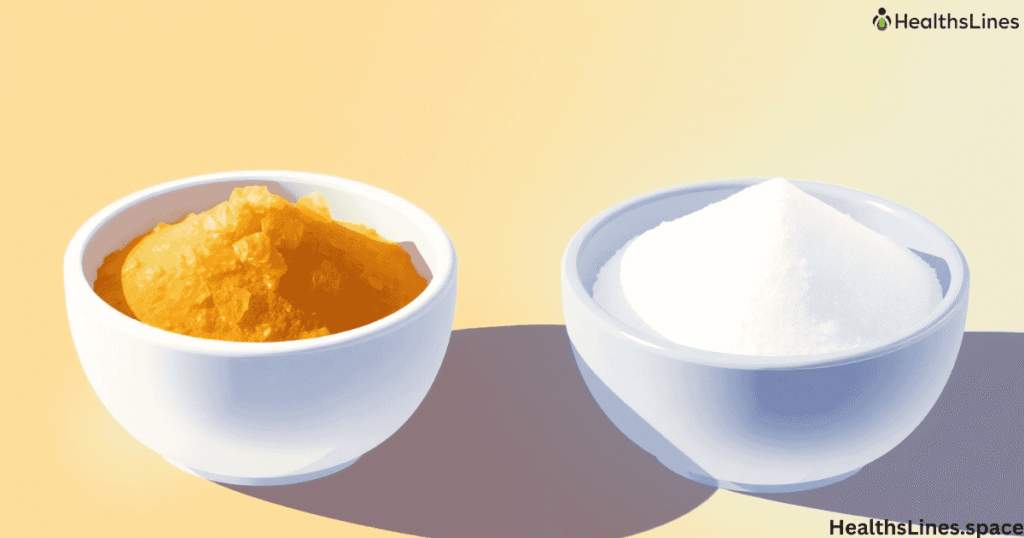
Many people wonder, which sugar is better, brown or white. From a health view, the answer is simple: both are almost the same. When comparing brown sugar vs white sugar calories per teaspoon, the difference is only one calorie. Both raise blood sugar in a similar way, and both count as added sugars. That means neither one is healthier to eat daily. The idea that brown sugar is safer comes from its molasses, but the amount of minerals in it is too small to matter.
Instead of asking, is brown sugar healthier than white sugar, it may be better to ask how much sugar should be eaten at all. The safest choice is to use less sugar, no matter which type. If you need sugar for baking, let flavor and texture guide you. Brown sugar is great for chewy cookies, rich sauces, and moist cakes. White sugar works well in meringues, drinks, and recipes where you want a crisp finish. The decision is not about health but about cooking needs.
In the end, the best sugar is the one you use less of. Limiting sugar helps lower the risks of weight gain, diabetes, and heart problems. For health, moderation matters more than choosing brown or white.
Conclusion
In the long-standing debate of brown sugar vs white sugar, the answer is clear. They may look different, taste different, and work differently in baking, but inside the body, they act the same. They provide quick energy, but they also bring health risks when eaten too often. The real question is not is brown sugar healthier than white sugar, but how much sugar should we eat at all.
So if you are choosing sugar for a recipe, let taste and texture guide you. If you are thinking about health, remember that moderation is what matters most. Or as one nutrition expert once said, “The healthiest sugar is the one you eat the least.”
